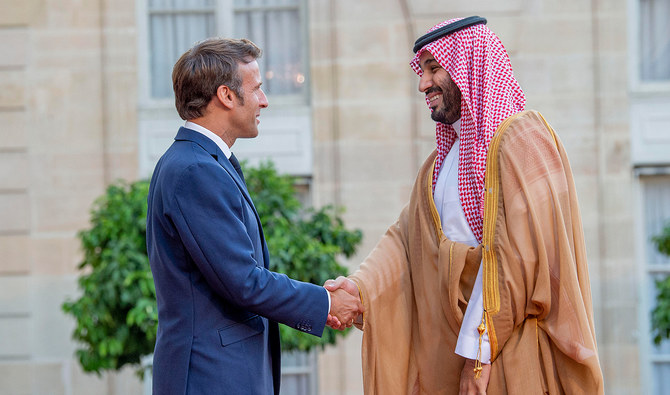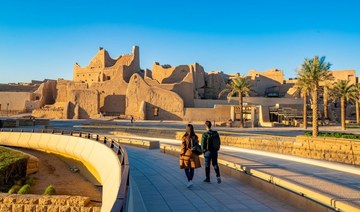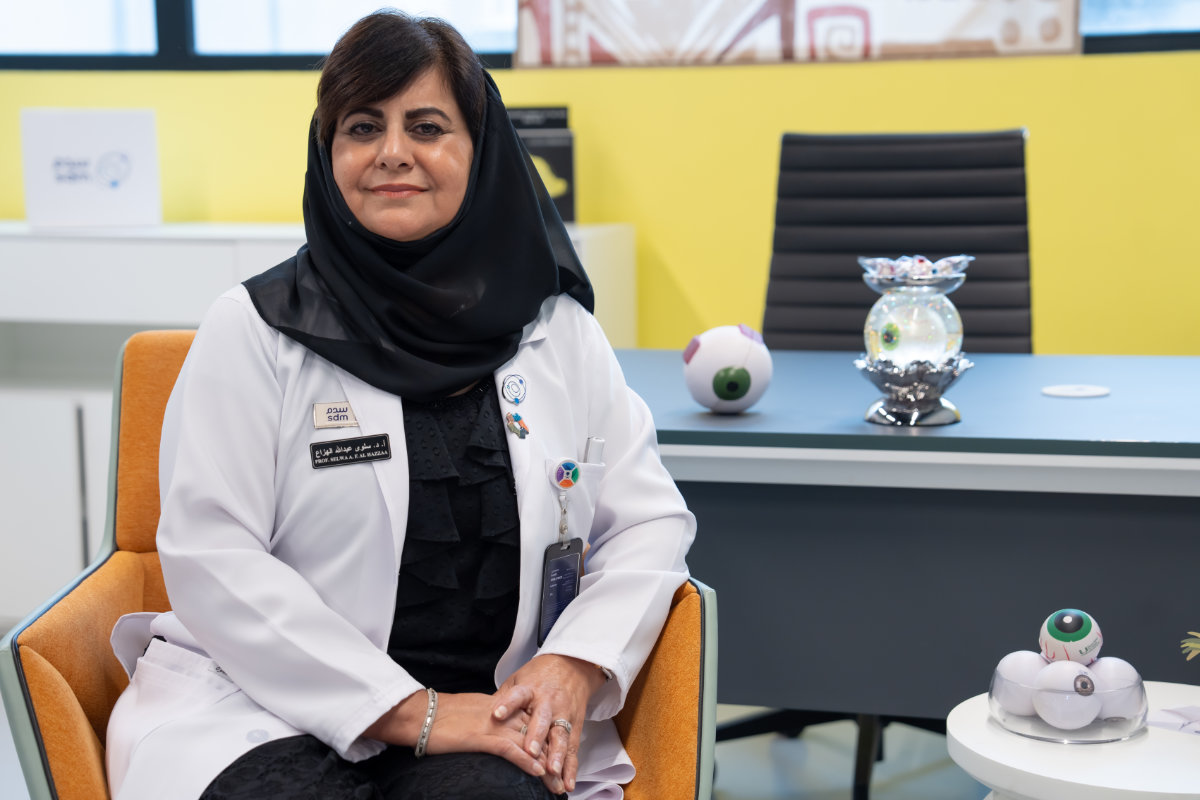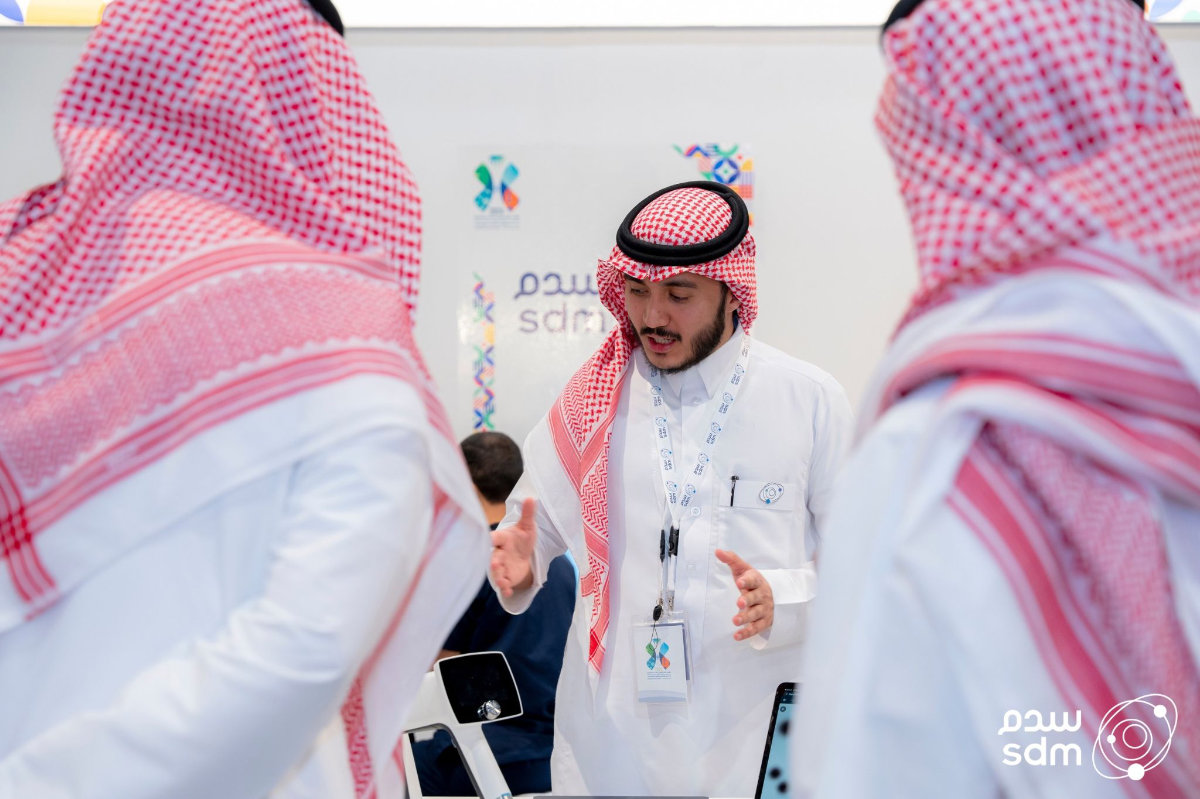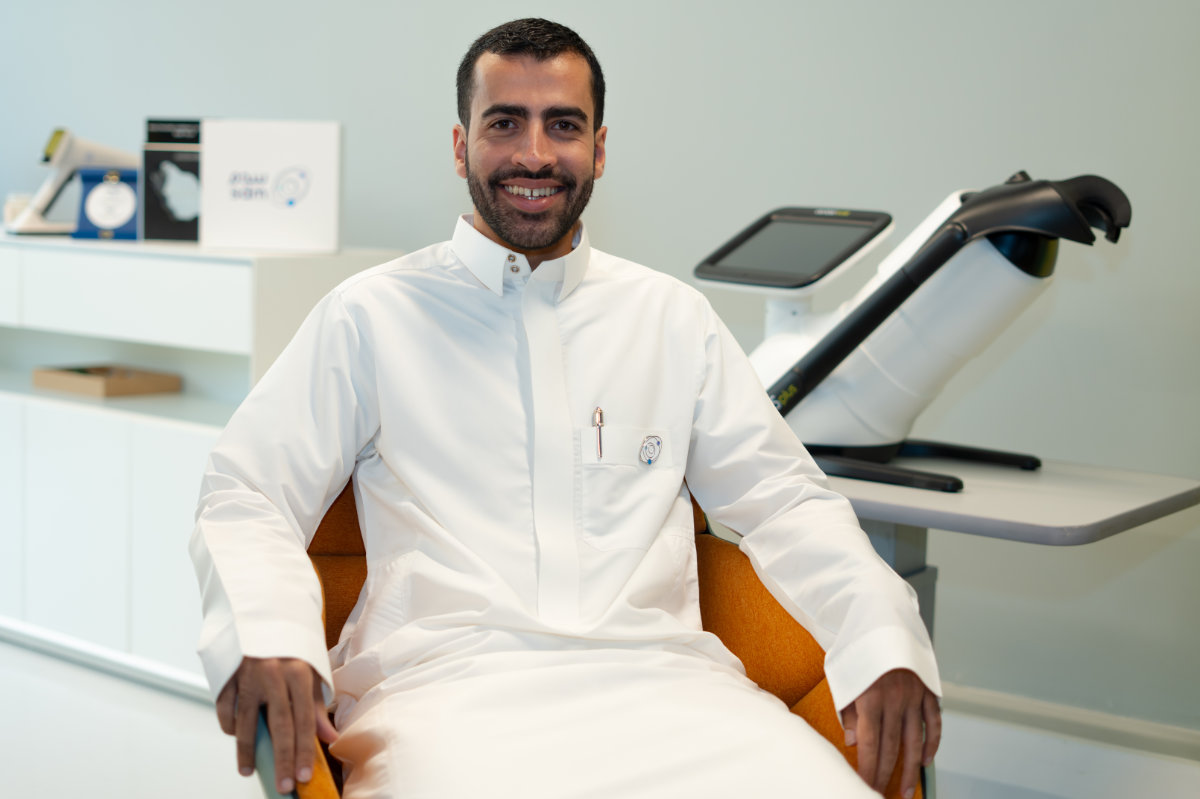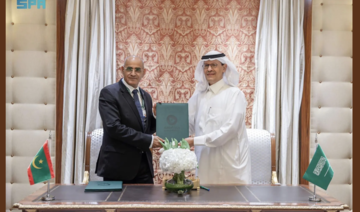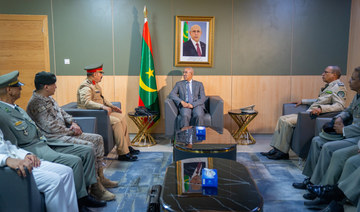PARIS: French President Emmanuel Macron will welcome Saudi Arabia’s Crown Prince Mohammed bin Salman to a one-on-one luncheon meeting at the Elysee Palace on Friday.
This visit is expected to be longer and the talks more multifaceted than during the crown prince’s previous trip to Paris in July last year. It will provide the two leaders with an opportunity to discuss bilateral relations and the latest developments in numerous issues of common interest.
Additionally, the crown Prince’s visit will be punctuated by several other events, most notably an International Bureau of Expositions meeting, and a summit organized by France to discuss a new Global Financing Pact.
It also follows the recent announcement of the resumption of diplomatic relations between Saudi Arabia and Iran, an event that caught France’s attention. The Elysee responded to it by saying “there is in this normalization of diplomatic relations with Iran a potential for easing tensions in the region that must be verified.’
In the view of the French, “the issue is not so much the normalization of relations with Iran but the demonstration of what Iran and Saudi Arabia together can make of this normalization on certain subjects where the two countries have so far been opposed.”
Therefore, the meeting offers a chance to review the effects this normalization could have on the main issues of common interest between France and Saudi Arabia, in particular the situations in Lebanon, Syria and Iraq, and the ongoing saga of the Iran nuclear deal.
Regarding Lebanon, Paris indicated it had “heard the Saudis repeatedly say that this country was lost due to the domination of Hezbollah or Iran’s influence,” and France “wants to clarify this point and, without taking sides, make sure that the Saudis can engage with the Iranians” in a discussion that creates favorable conditions for the election of a president” in Lebanon.
With the political process in Lebanon deadlocked, and the country in the grips of a severe financial crisis, the president’s office has been vacant since Michel Aoun’s term ended in October last year.
“Neither Saudi Arabia nor France are in a mindset to do things in place of the Lebanese,” the presidential palace said, instead stressing “the common need to promote stability and security” in the country.
On the situation in Syria, the French President “will be interested in hearing the crown prince tell him how to get President Bashar Assad to comply with a number of Saudi demands, the details of which are not yet known,” the Elysee said.
Iran’s nuclear program will also be discussed as “it is important for us to hear the crown prince's assessment of the intensity of the Iranian threat as he perceives it and what he expects from the restoration of diplomatic relations, as well as how he intends to deal with the Iranians on this issue.”
Outside of the region, the war in Ukraine will not be overlooked despite the density of topics on the agenda. On this issue, Paris said it “does not have specific requests to make to Saudi Arabia, apart from the request made to all our partners to fully consider the fact that the war in Ukraine is a conflict with global implications and risks repercussions throughout the world, including the Middle East.”
It added: “What we ask the Saudis, like all our partners, is to help us speed up the end of the war,” which from a French viewpoint would mean victory for Ukraine on the ground, leading to peace negotiations with Russia aimed at restoring Ukrainian security and sovereignty.
In a broader context, the Elysee notes the crown prince’s visit, which takes place at his request, “aims to define the objectives of bilateral cooperation that are necessary for the partnership we have with Saudi Arabia in perfectly identified areas.”
These areas include issues related to security and defense, and the energy transition, in particular the Kingdom’s lofty ambitions in terms of energy.
Regarding Saudi Arabia’s bid to host the Expo 2030, a decision on which is not due until autumn next year, France has already announced its support. It remains to be revealed whether the crown prince will attend the summit, organized by France, to discuss a new Global Financing Pact, which us due to take place on June 22 and 23.
During the gathering, Macron aims to assemble a broad coalition of willing countries to “produce the necessary funding shock to address both the needs of poverty reduction in the South, and as fair a green transition as possible,” the Elysee said.



